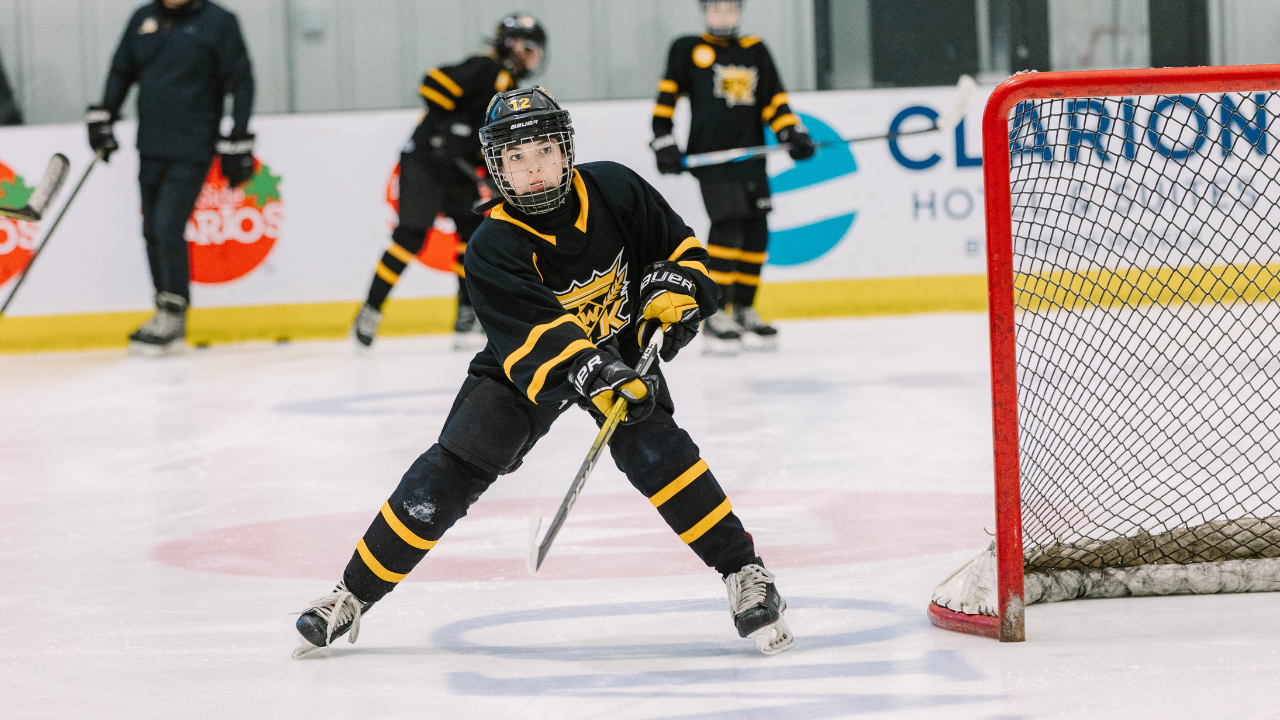
Every coach brings a unique lens to the game, shaped by our experiences and philosophies. There is no doubt that coaches are always looking for new drills to spice up practice. This combination can be a powerful tool when developing teams, but too much variety can lead to inconsistencies and mixed messaging. Counter-productive drills can arise when there's a disconnect between a coach's intentions and how you expect your team to play. It's important to design practice plans that are in harmony with the team’s core values and playing style.
The Dilemma
I have found myself in situations where a drill I chose conflicted with the objectives I had for my team. One instance was when I chose a drill for our defense to practice skating backward while defending a rush. This seemed useful at first and has its time during a game, but our game strategy is for the defense to engage aggressively and angle the rush early.
It wasn't until my assistant coach pointed out these inconsistencies that I recognized the misalignment in my teaching. This helped me highlight the importance of ensuring every drill aligns with how we want to play. Creating an effective team identity is based on building habits in practice, and not just talked about in the dressing room.
Selecting Ineffective Drills
Identifying drills that don't support your team's goals can be challenging but is vital for ensuring effective practices. A drill may seem beneficial at first glance, but if it doesn't align with the overall strategy and team identity, it can be more harmful than helpful. Recognizing such mismatches is the first step in ensuring drills contribute positively to your team's style of play.
Modifying Drills to Strengthen Team Identity
Aligning drills with the team's identity often requires thoughtful adjustments. Begin by pinpointing 2 or 3 core principles and strategies that define your team. Tailor each drill to highlight these elements, ensuring that practice sessions consistently reinforce the desired playing style. For instance, if your team thrives on quick, aggressive plays, modify drills to emphasize rapid decision-making and assertive actions. Involve assistant coaches in the modification process to gain diverse perspectives and uncover innovative solutions.
Keeping The Main Thing, The Main Thing
To avoid this pitfall, coaches should ensure that every drill reinforces the desired playing style and core principles. This means regularly reviewing and adjusting practice plans to maintain alignment with the team’s identity. It also involves collaborating with assistant coaches and seeking player feedback to identify and correct any inconsistencies early on. This can players internalize the team’s philosophy, leading to more effective execution in games.


